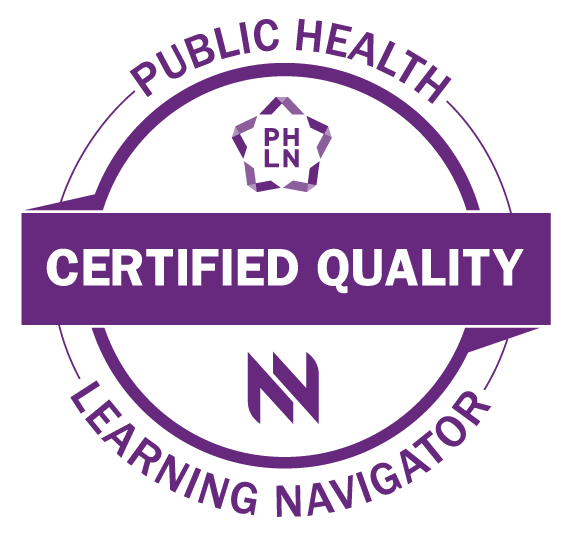Evaluators from the Arizona Supplemental Nutrition Assistance Program -
Education Arm (SNAP-Ed) provide an overview of their program planning process,
specifically as related to re-evaluating and defining the focus of their
obesity prevention initiative. This course presents examples of conducting a
root cause analysis, developing a logic model, and utilizing the
Socio-Ecological Model throughout the process of program planning and
evaluation.
Goals:
- Develop evaluative thinking in leaders and managers.
- Understand best practice program planning and evaluation in public health.
Learning Objectives:
- Employ appropriate methods to engage your priority users in program planning for obesity prevention.
- Prepare to create or revise a program logic model that is informed by root-cause analysis and evidence-based theory.
- Appraise your obesity-prevention program's current stage of development as it relates to best-practice planning.
Target Audience: Dietitians, Nurses, Policy/ Planner, Public Health
Tier(s) and Competency Domain(s): Tier Two – Policy Development/ Program Planning Skills, Financial Planning and Management Skills; Tier Three – Policy Development/ Program Planning Skills.
Duration: ~ 45 minutes
Continuing Education Information: 1.0 CECH for CHES
Format: Web-based Training, Self-Study
Created/Updated: July 10, 2016
Author(s) and Presenter(s): Theresa LeGros, MA; Lauren McCullough, MPH; Laurel Jacobs, DrPH, MPH

